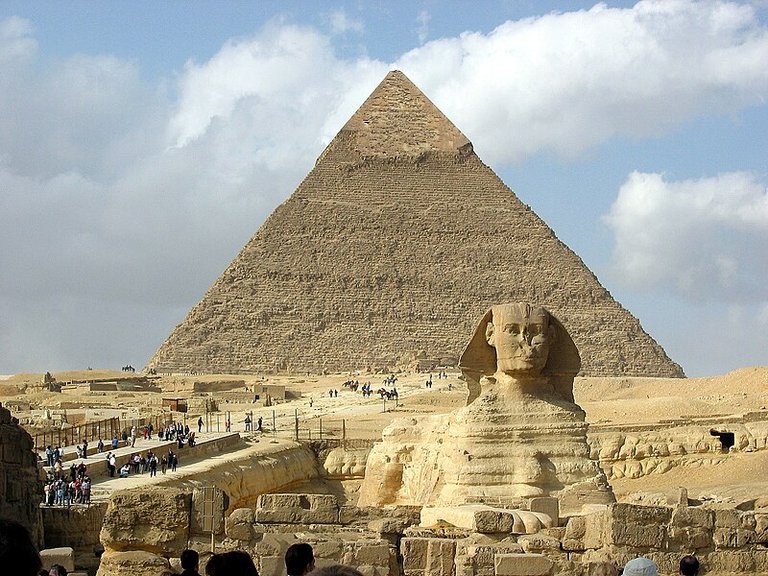Egyptology is one of the branches of archeology, a science that deals with the history of ancient Egypt, and its language, literature, religions and arts. Egyptian civilization is one of the oldest civilizations of history.

The Origins of Egyptology
The ancient Egyptians were the first Egyptian scientists to begin with King Tuthmosis the fourth who removed the sand around the body of the Sphinx to achieve a dream in which he appealed to him, and left Tuthmosis IV panel to discuss the details of this dream.
After Tuthmosis two centuries ago Prince Khamaawast son of King Ramses II to excavate and restore the effects of ancient ancestors of temples and tombs and buildings, including the pyramid of King Onas Sakkara to be the first restorer of the Antiquities in Egyptology.
Modern Egyptology
With the discovery of the Rosetta Stone and the deciphering of the hieroglyphic symbols in 1822, a new phase of Egyptology began, in which history was written based on fossil finds, papyrus, paintings and inscriptions on the walls of temples and tombs.
In 1828, Champlion, Nestor Lute and Apollito came to Egypt with a permit to excavate from Mohamed Ali Pasha. They explored fifty sites and recorded their observations in six volumes. , And Champollion submitted to Mohamed Ali Altmasa proposing the organization of excavations and the development of laws to prevent theft and smuggling of the effects of the Egyptian, but did not find the echo of Mohammed Ali, as provided two years later Refaah Tahtawi another petition but did not take any action until August Mariet, was the first Rfaa TahtawiEgyptian Egyptologists were influenced by the work of Muslim scholars in the Middle Ages in Egyptology.
In 1858, the research of August Mariette and the French Mission began to reorganize, classify and date antiquities. He also worked hard to establish laws to counter smuggling and theft.
In 1922, Howard Carter's discovery of the tomb of the young King Tutankhamun with the funding of Lord Carnarvon attracted more attention and attention to Egyptology
At the beginning of the twentieth century, the study of the ancient Egyptian civilization took an academic form and became a professional discipline. This phase was initiated by the work of William Flinder Petrie, who provided technique and technique in the conservation, exploration and recording, and the roles of Navell and Weisner and Unlock.
As well as research by Adolf Armand Rank to develop the Old Egyptian Dictionary, which compiled the works of George St, Sir Wallace Yadeg, Gareth Gardner, Gutier, and the Egyptian scholar Salim Hassan, who was a supervisor of the dictionary.
Technology has also introduced Egyptology and used modern methods and devices to extract and analyze fossils and effects such as the use of radioactive carbon in determining the time and age of discoveries.
Egyptology has become one of the main scientific subjects taught in universities, and special institutes have been established to study and conduct research.
Modern scientists
Dr.. Zahi Hawass
Mamdouh Damati
images source (Wikimedia)

This picture is amazing and show cluture of egypt
Thanks it really do :)
I follow you and you follow me
@originalworks
To call @OriginalWorks, simply reply to any post with @originalworks or !originalworks in your message!